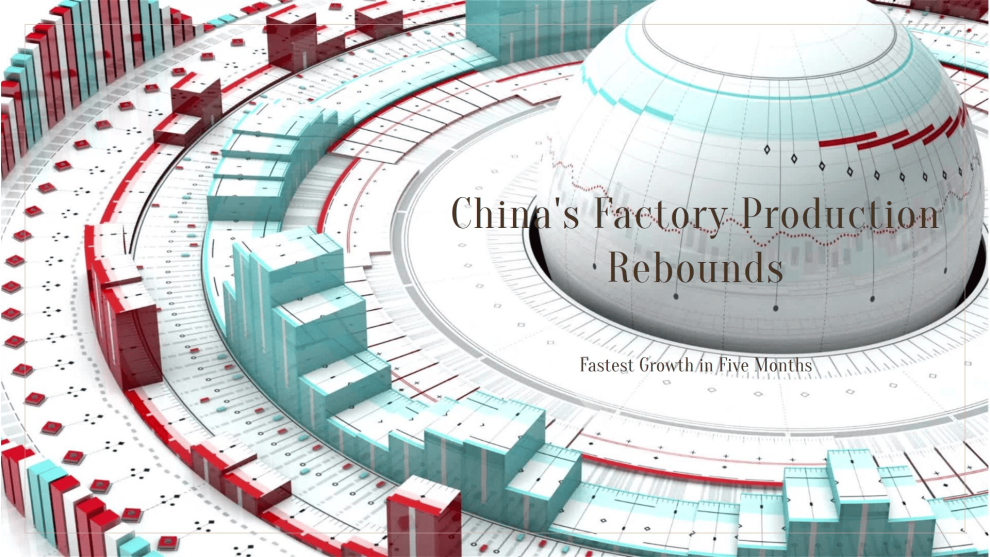China’s factory activity saw a significant rebound in November, expanding at its fastest pace in five months. This growth, driven by surging domestic and international orders, signals a potential turning point for the world’s second-largest economy amidst global uncertainties and trade tensions.
China’s Factory Production at a Turning Point
Key Highlights
- Caixin/S&P Global Manufacturing PMI: Climbed to 51.5 in November, up from 50.3 in October. This is the highest reading since June, surpassing analysts’ predictions of 50.5.
- New Orders: Grew at their fastest rate since February 2023, with export orders rising for the first time in four months.
- Manufacturers’ Optimism: Reached an eight-month high, indicating a positive outlook for 2024.
Drivers of Growth in Factory Activity
1. Increased Demand
- Domestic Demand: Enhanced underlying demand, new product launches, and stockpiling contributed to growth.
- Export Surge: Export orders rose sharply, especially in investment and intermediate goods. Consumer goods orders saw a slight decline, reflecting mixed global demand trends.
2. Economic Stimulus
A slew of government measures to stimulate the economy appears to be yielding results. Analysts believe fiscal and monetary policies are finally trickling down to manufacturing sectors.
Challenges Amid Growth
1. Rising Input Costs
- Raw material prices surged, pushing input costs to their highest level in five months.
- Manufacturers passed these costs to clients, resulting in the fastest growth in selling prices since October 2023.
2. Employment Concerns
- While backlogged work continued to accumulate, job shedding persisted, albeit at a slower rate.
- Experts suggest the stimulus effect is yet to fully translate into labor market recovery.
Impact of U.S. Trade Policies
Trump’s Tariff Threats
- President-elect Donald Trump pledged an additional 10% tariff on Chinese imports, sparking concerns among exporters.
- Previous threats included ending China’s most-favored-nation trading status and imposing tariffs exceeding 60%.
China’s Response
- China’s commerce ministry reiterated its stance against unilateral tariffs, asserting that such measures harm global trade dynamics.
- Experts anticipate Beijing will deploy stronger fiscal measures to counter potential economic impacts.
Future Outlook for China’s Economy
Positive Sentiment Among Manufacturers
- Confidence in government policies and better economic conditions pushed optimism to its highest since March 2024.
- GDP Target for 2025: Beijing is likely to maintain an economic growth target of 5.0% amidst ongoing challenges.
Expert Opinion
“While the economic downturn appears to be bottoming out, further consolidation is necessary,” said Wang Zhe, Economist at Caixin Insight Group. He emphasized the importance of boosting business confidence and labor market expansion.
Key Statistics
| Metric | November 2024 | October 2024 | Change |
|---|---|---|---|
| PMI (Caixin/S&P Global) | 51.5 | 50.3 | +1.2 |
| New Orders Growth Rate | Fastest since Feb 2023 | Slower | ↑ |
| Input Costs | Highest in 5 Months | Moderate | ↑ |
| Export Orders Growth | 7-Month High | Negative | ↑ |
Conclusion: Navigating Recovery Amid Challenges
China’s manufacturing sector shows resilience as it rebounds from a prolonged downturn. While economic stimulus and rising demand have fueled optimism, challenges like tariff threats and cost pressures remain. The global economy watches closely as China balances internal reforms with external trade dynamics.












Add Comment